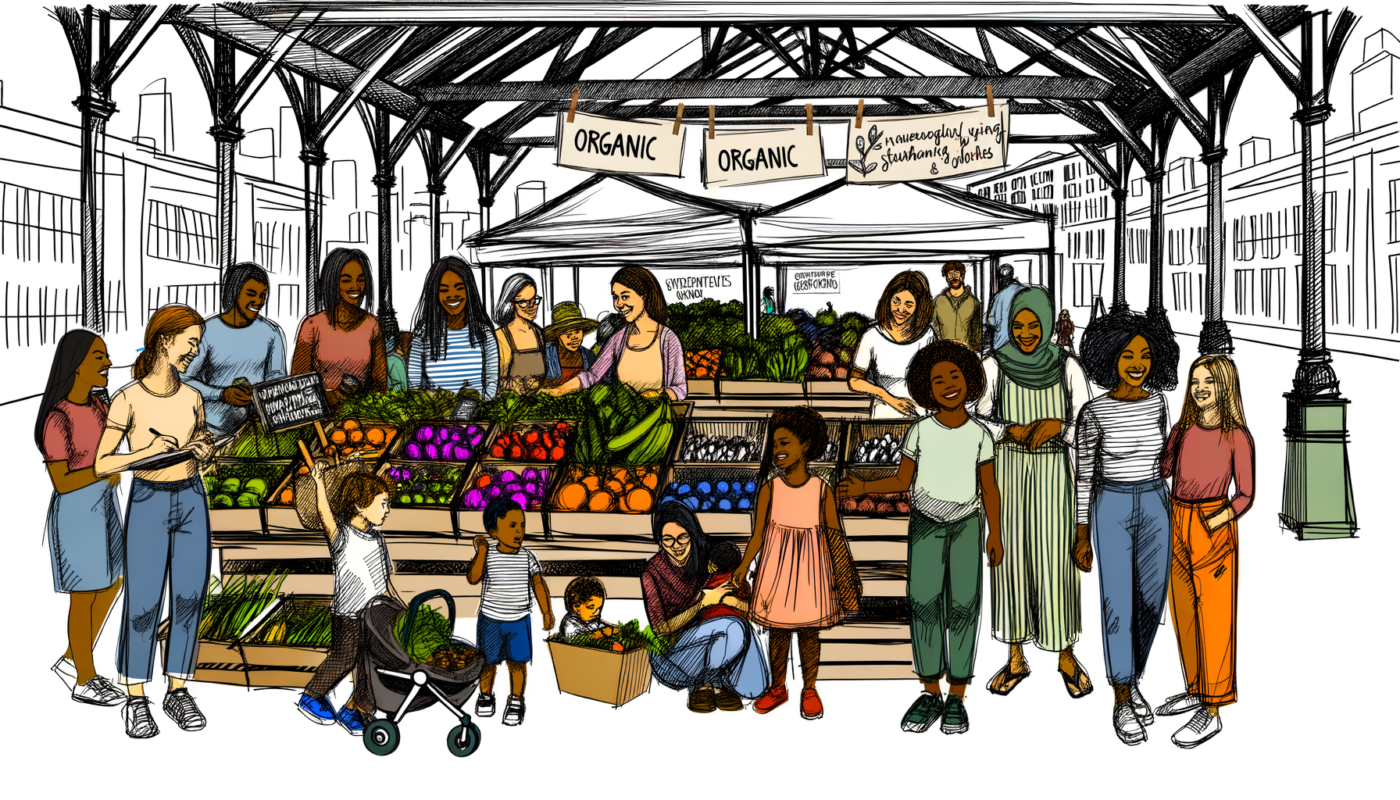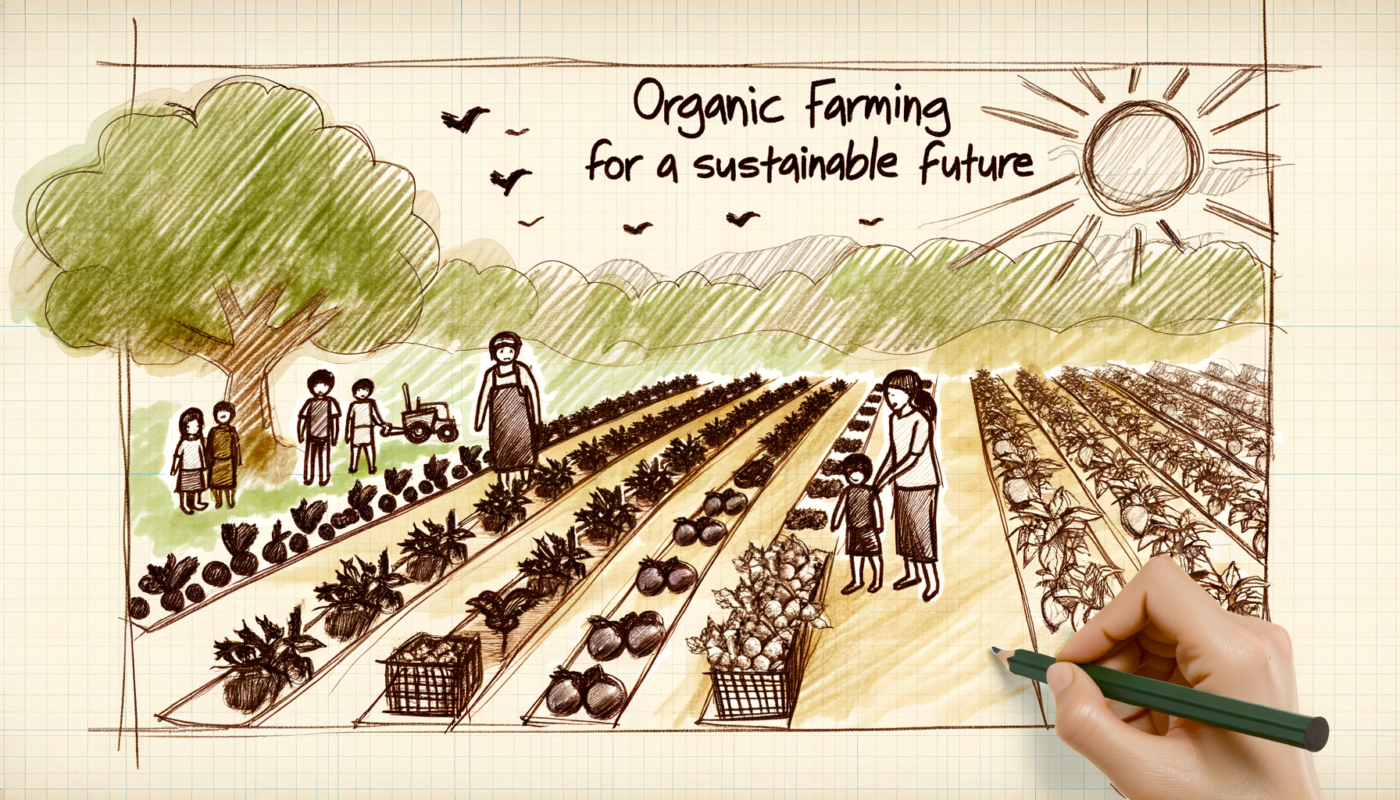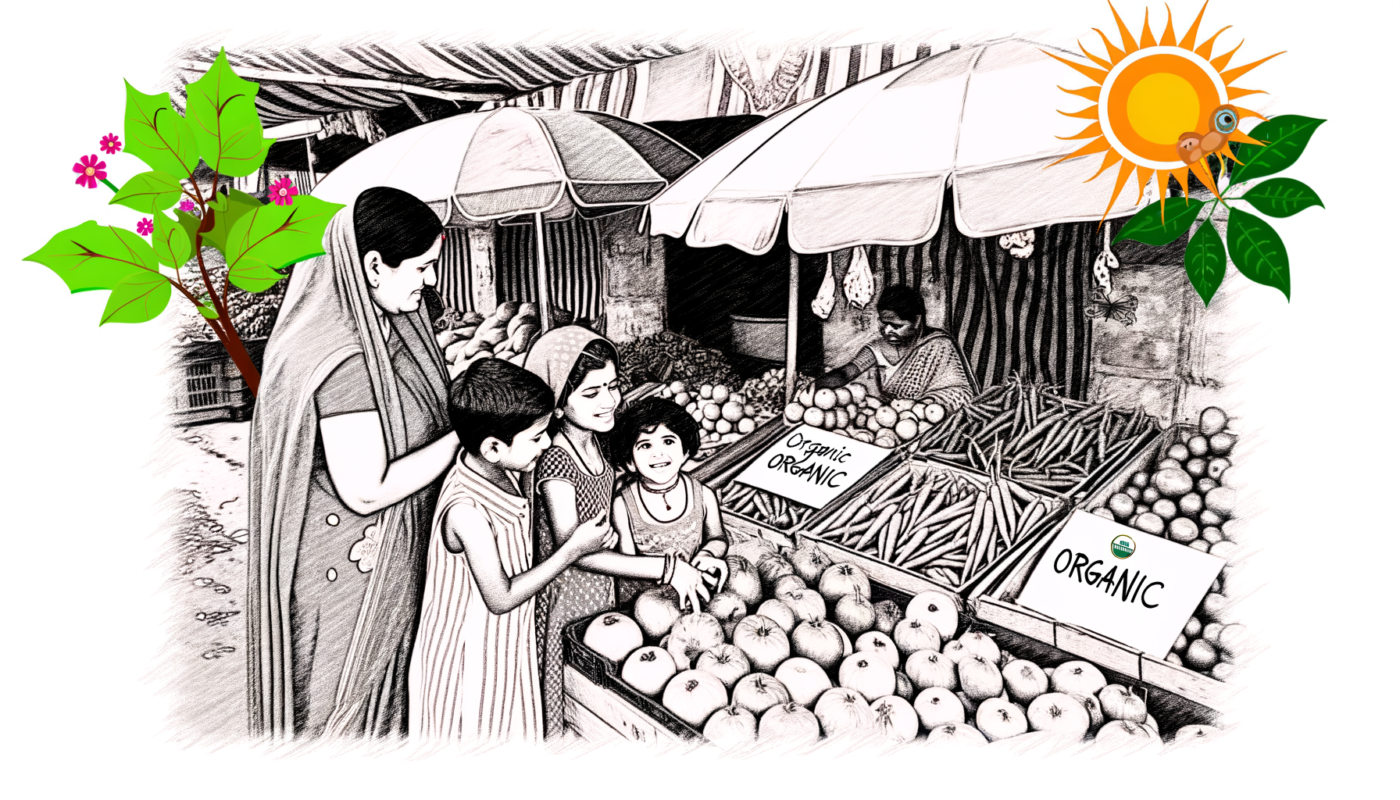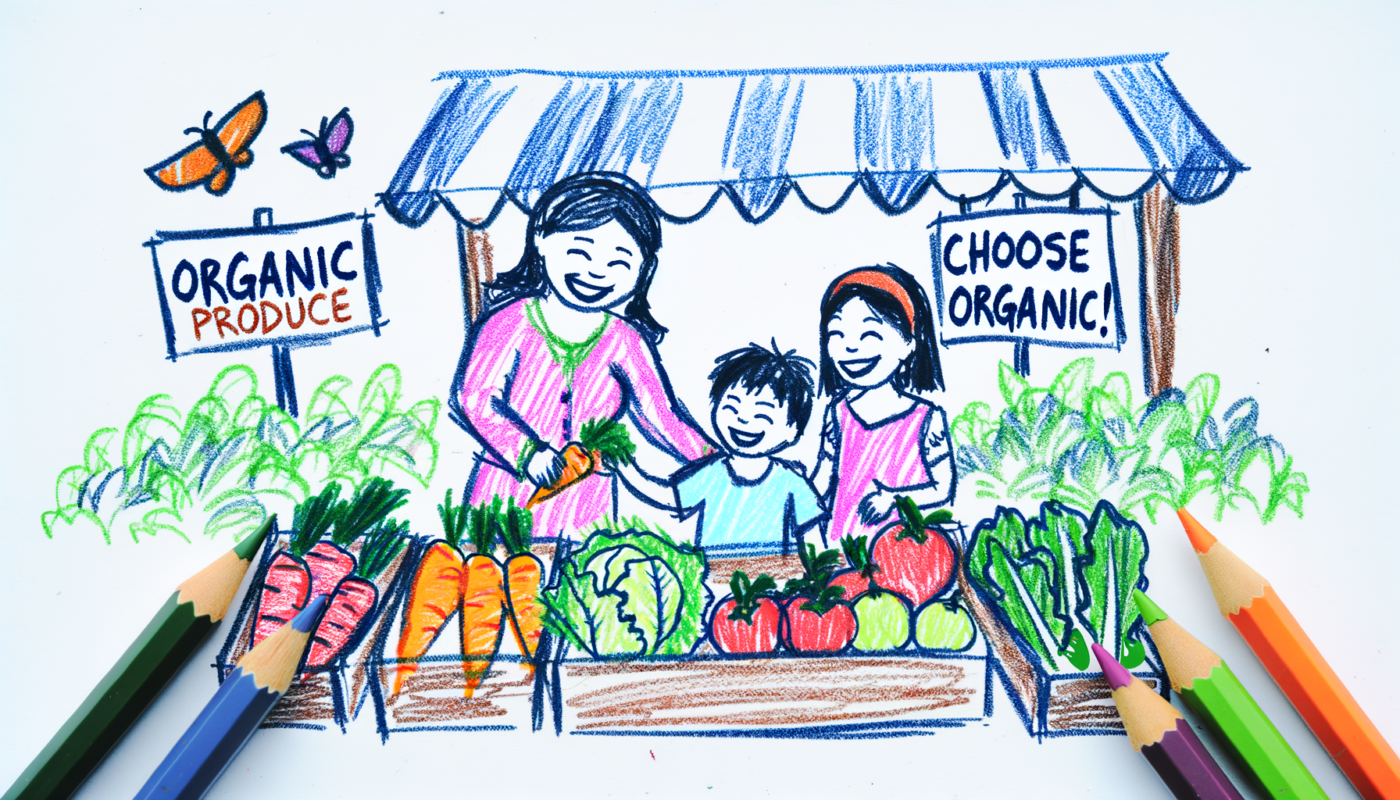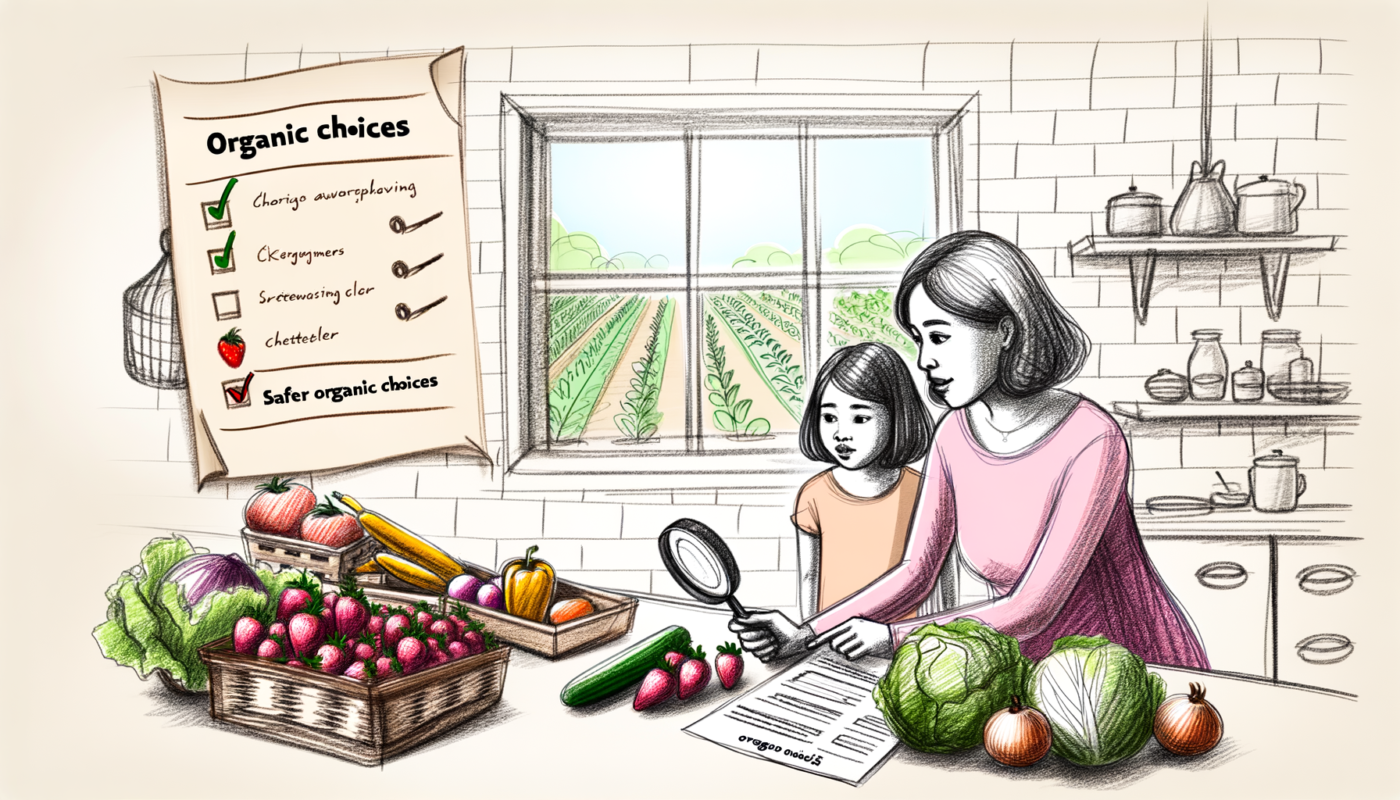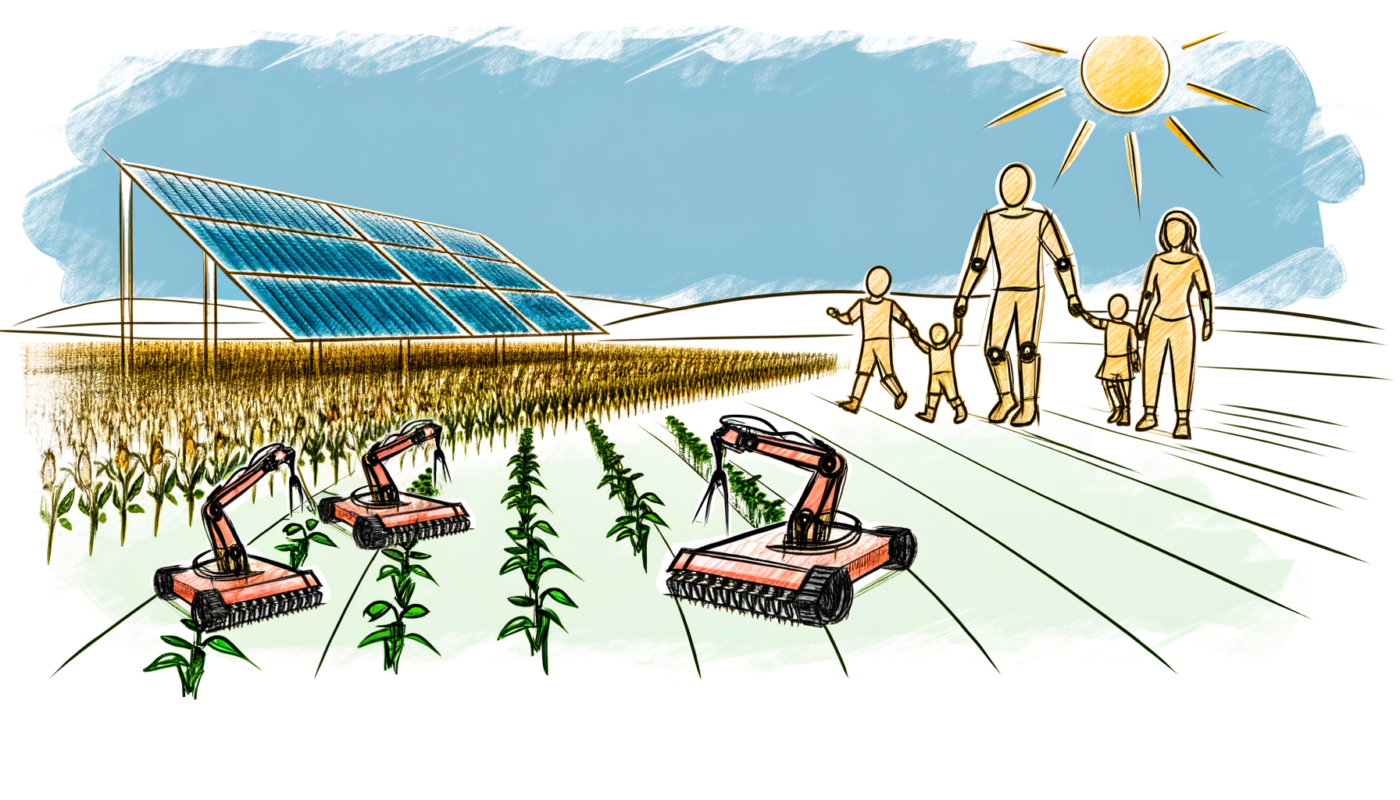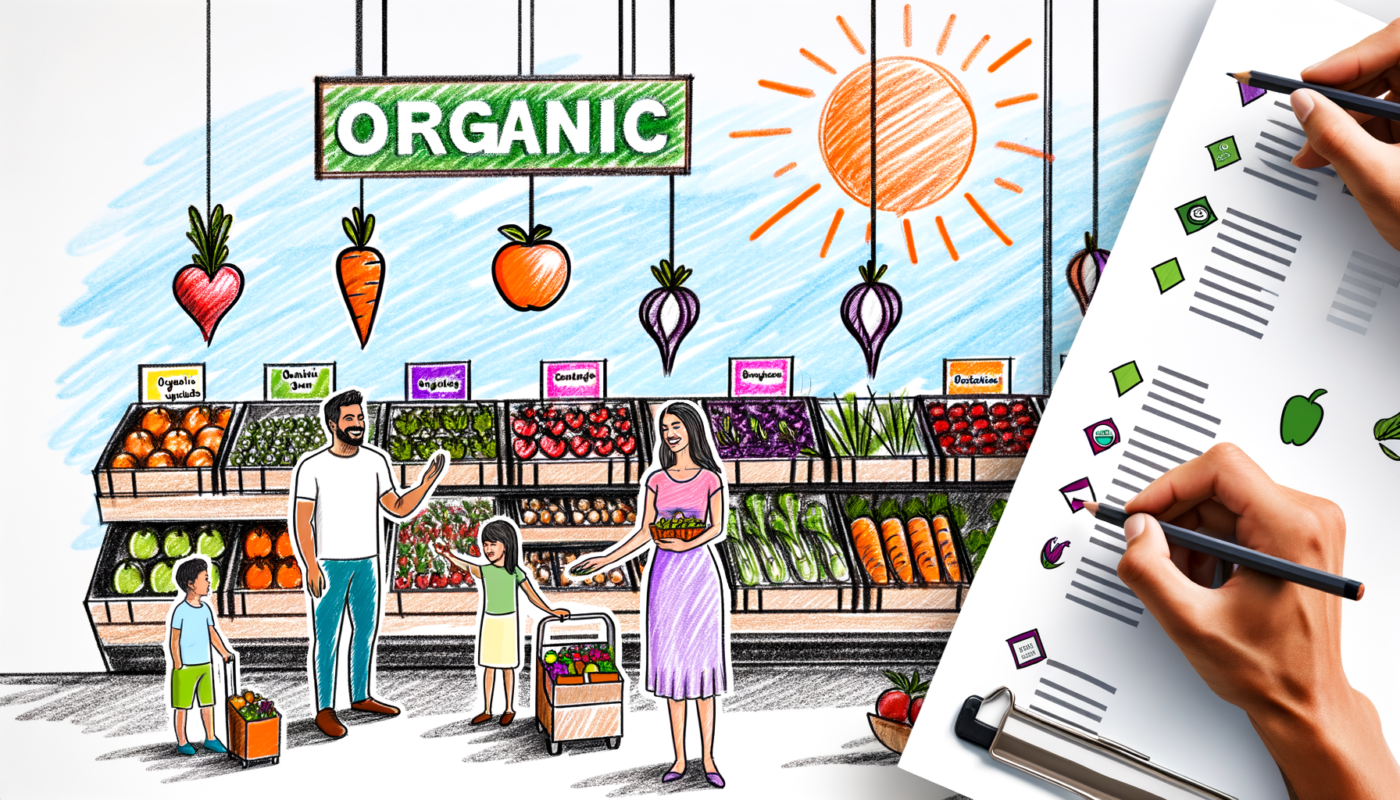A recent study highlights a significant trend: younger generations are showing strong support for organic products, prioritizing sustainability and health when shopping for food and other essentials.
This growth not only offers healthier options for our families but also supports sustainable agricultural practices that benefit the environment.
Organic produce not only reduces the risk of pesticide ingestion, but also supports environmentally friendly practices that nourish the planet.
In a world where our children’s health and the planet’s future are top priorities, understanding the latest trends in organic living can make a big difference.
By making the switch to organic, you’re not just prioritizing your family’s nutrition but also contributing to a sustainable future.
Recent studies found that some organic produce, including popular items like strawberries and lettuce, exhibited pesticide residues, challenging the perception that all organic options are pesticide-free.
The shift toward robotic weeders is crucial not only for reducing the environmental impact of agriculture but also for promoting healthier food options for our families.
As the costs of fresh fruits and vegetables soar, they are outpacing the price increases of processed foods, making nutritious choices tougher for families.
Recent updates to the USDA’s organic regulations bring exciting changes for consumers committed to sustainable and organic products.
Recent findings reveal that Australia’s agricultural industry is facing a significant challenge: high levels of microplastics have been detected in both organic fertilizer and soil.
- 1
- 2


